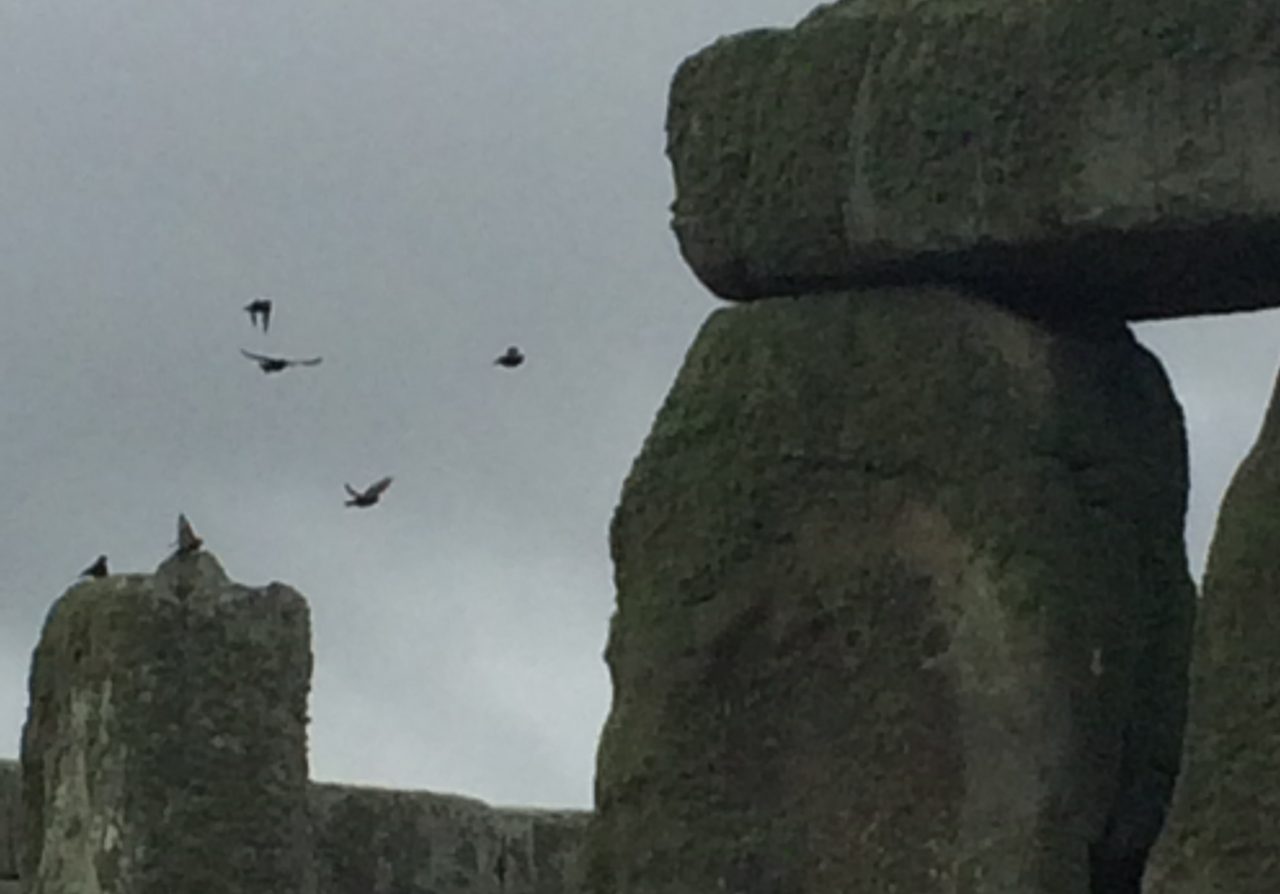For most of recorded history, with a few exceptions, the idea of environmental balance wasn’t considered. Dominion over nature was part of the Bible and early science.
Nature was seen as punishing—lightning struck evil churches, environmental disasters were punishments from god(s), disease was sin. So was (is)being ugly. Snakes were bad omens or good, depending on your culture. The idea of balance between humans and the environment was unheard of for many societies. It wasn’t as if some vistas weren’t considered beautiful. Most people did not appreciate nature, or downright feared it. Most saw it as irrelevant to their lives.
The idea that nature can be understood is a relatively new one, at least in western culture.
As the Europeans changed the landscape in countries they over-ran, a few noticed that they were destroying something beautiful and pristine. One such person was George Perkins Marsh, who wrote Man and Nature in 1864. Marsh discussed how the alteration of the landscape could promote climate change and linked desertification to deforestation. He urged citizens to value the environment, manage its resources, and measure progress in terms of the prudent supervision of resources. The US Forest Service was established in 1905 with careful management as a goal. This view of environmentalism is known as Utilitarianism. We preserve nature for our enjoyment and utility for recreation, hunting, and fishing. In the 1930s, the Dust Bowl re-enforced the idea of conservation of resources. God’s punishment became something we brought upon ourselves. Outdoor recreation is big business, generating over $560 billion dollars in 2022.
A second type of environmentalism began with John Muir (1838 -1914) and the Sierra Club, founded in 1892. Muir was raised in a harsh religious household and he saw nature as peace and a window to god. This branch of environmentalism saw every species as having intrinsic value. This view is popular today and brings billions to the US economy per year. Bird watching, for example, generates around 40 billion dollars per year in the US. Camping is projected to bring in over 20 billion this year.

Nuthatch by Kayla Lindquist
It’s clear that people appreciate nature for its intrinsic value and, like Muir, seek it as a source of peace. Forest bathing, simply meandering in nature, is a popular stress reliever. “Native evergreens are both aromatic and release a high concentration of phytoncides—airborne essential oils that provide a natural immunity boost. The health benefits of this phytoncide “shower” can last for weeks.” Forest bathing tourism might involve looking at bluebells in England or wandering in a cloud forest in Costa Rica.
Given this information, the Biden Administration has launched a bold, needed initiative—to count nature’s value in the Gross Domestic Product of a country’s economy. Without considering the value of nature, we get a false picture of the real economic strength of a country. Read more here.


An excellent post, Catherine. It is good to hear that Biden & Co are listening! If you still have access to books (sorry, I still can’t believe it!) may I suggest Robin Wall Kimmerer’s Braiding Sweetgrass. I’d love to know what you think. 💕🙋♂️
LikeLiked by 1 person
Thanks for the recommendation! I’ll look for the book!
LikeLiked by 1 person
I found the book inspirational. I’d love to know what you think of it. 🙋♂️
LikeLike
Great post! I recently read Mismeasuring Our Lives: Why GDP Doesn’t Add Up which takes readers through problems with GDP and potential fixes to factor in use of natural resources. It’s been ten years since this work commissioned by French President Nicolas Sarkozy.
LikeLiked by 2 people